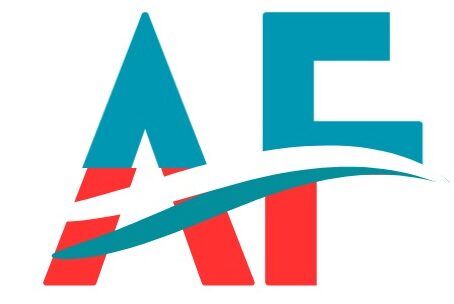Recruiting new talent has become an increasingly complex endeavor in today’s competitive job market. One of the primary obstacles faced by recruiters is managing salary expectations. Both job seekers and companies aim to find the best fit, yet salary discussions often create a roadblock in reaching a mutual agreement. In this article, we’ll delve into why salary expectations are such a significant hurdle and explore strategies to bridge the gap.
The Impact of Salary Expectations on Recruitment
The salary discussion is a crucial stage in the hiring process. While employers aim to secure high-quality candidates at a sustainable cost, candidates often have their own expectations based on their skills, experience, and market trends. This misalignment can lead to extended hiring processes, unfilled positions, or candidates withdrawing from consideration.
For businesses, understanding current salary trends and being transparent about compensation from the start can help streamline the recruitment process. Job seekers, on the other hand, must balance their personal expectations with industry standards to improve their chances of landing a role that aligns with their career aspirations.
Factors Influencing Salary Expectations
Several elements influence how job seekers set their salary expectations:
- Industry Standards and Market Trends: Candidates research industry salary standards to gauge their value. If companies don’t align with these standards, candidates might perceive the offer as undervaluing their skills.
- Geographical Location: Salaries can vary significantly based on location. For example, tech roles in Silicon Valley typically command higher salaries than similar positions in smaller cities.
- Experience and Skill Set: Candidates with specialized skills or extensive experience often set higher salary expectations. Employers need to recognize this expertise and offer compensation that reflects the candidate’s unique value.
- Company Reputation and Benefits: Salary is not the only factor; company reputation, career development opportunities, and additional benefits also play a significant role in influencing expectations.
How Employers Can Address Salary Expectations
Employers can adopt several strategies to align their offers with candidate expectations and make the recruitment process smoother:
- Research and Benchmarking: Regularly update salary structures based on industry benchmarks. Understand the competitive landscape and make offers that reflect current market conditions.
- Transparent Communication: Clearly outline compensation packages from the beginning. Be transparent about budget constraints or non-monetary benefits that might make up for a lower salary.
- Emphasize Total Compensation: Highlight the entire package, including bonuses, health benefits, retirement plans, and opportunities for growth. This can help candidates see beyond the base salary and understand the full value of the offer.
- Flexibility and Negotiation: Be open to discussions and consider adjusting offers if the candidate brings significant value. Flexibility can be a game-changer in attracting top talent.
The Role of Candidates in Managing Salary Expectations
Candidates also play a vital role in managing salary expectations effectively.
- Conduct Thorough Research: Use reliable sources like salary surveys and job boards to understand what employers are offering for similar roles.
- Be Realistic and Flexible: While it’s important to aim high, being overly rigid can result in missed opportunities. Be willing to compromise based on the overall job fit and long-term career benefits.
- Communicate Clearly: During interviews, communicate salary expectations early and be open to discussing different aspects of the compensation package.
Bridging the Gap: A Win-Win Approach
A collaborative approach can help both parties find common ground.
- Early Conversations: Discuss salary expectations early in the process to avoid surprises later. This can save time and keep both parties aligned.
- Using Technology and Tools: Platforms like job marketplaces and compensation tools can provide accurate salary data, helping both recruiters and candidates make informed decisions.
- Emphasizing Value Alignment: Focus on how the candidate’s skills and values align with the company’s mission. This can sometimes outweigh minor differences in salary expectations.
Navigating salary expectations is a critical yet manageable aspect of recruiting top talent. By fostering open communication, conducting thorough research, and being flexible, both employers and candidates can overcome this challenge and establish a strong working relationship. With the right approach, the hiring process can become more efficient, resulting in better outcomes for everyone involved.
Understanding and addressing salary expectations is key to successful recruitment. As the job market continues to evolve, companies and candidates alike must adapt to these changes and develop strategies that prioritize transparency, flexibility, and mutual benefit.
AFRIPOPULA

